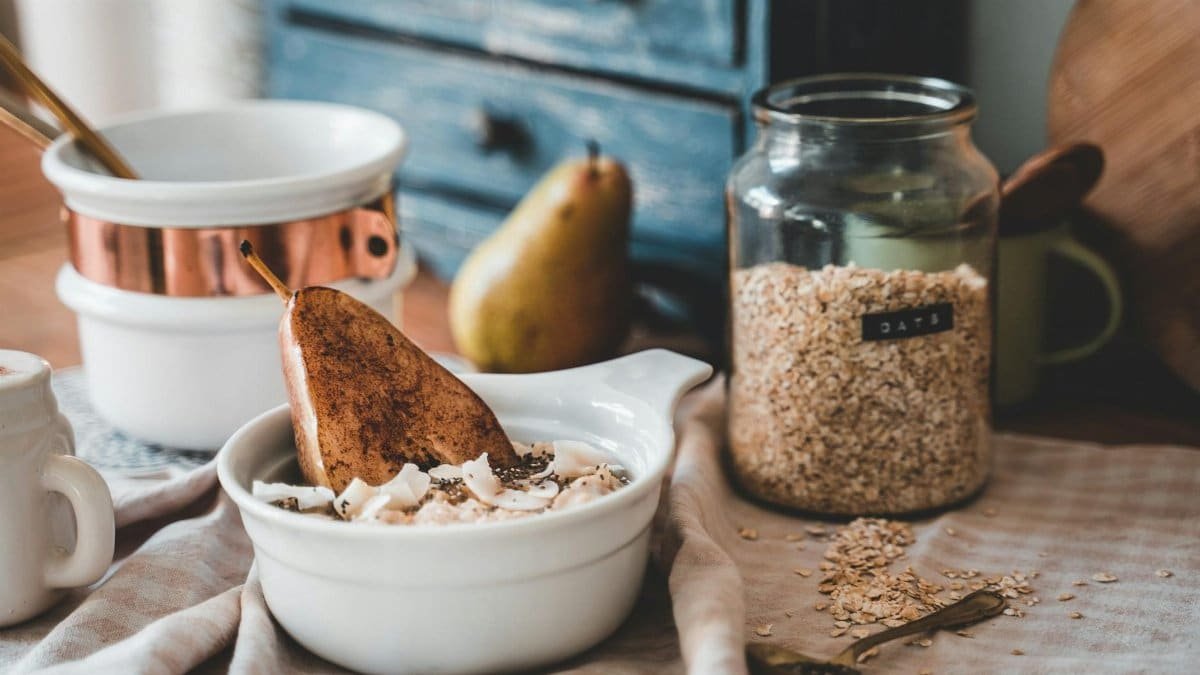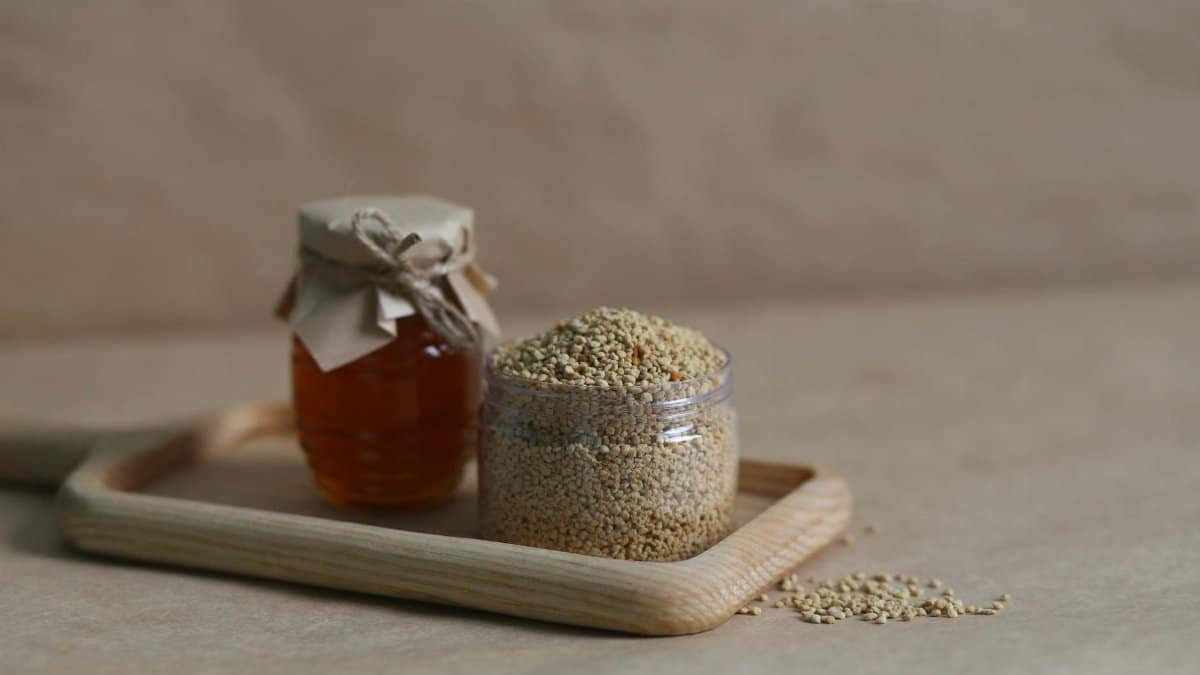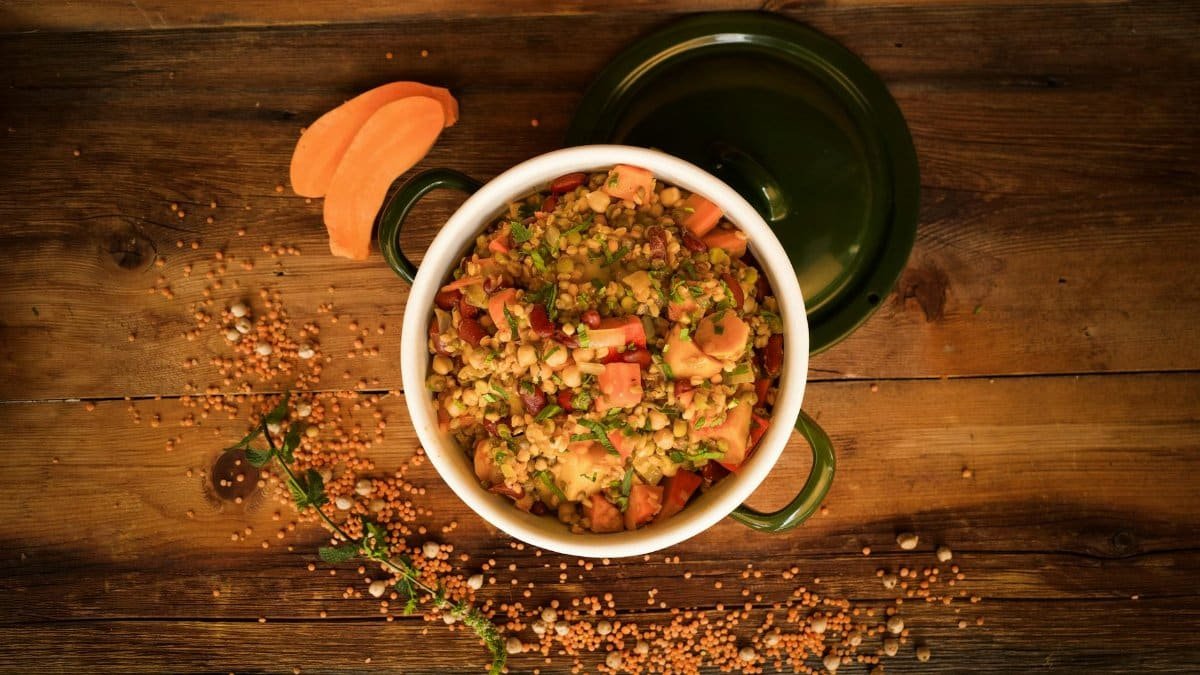Walk into any coffee shop in Seattle these days, and you’re likely to overhear a conversation about mood-boosting diets. It’s not just idle chatter. More Americans are seeking ways to lift their spirits through what they eat, driven by a growing awareness of how food impacts mental health. The idea of a serotonin foods list—specific items thought to support the brain’s “feel-good” chemical—has moved from niche wellness blogs to mainstream menus. This isn’t about quick fixes or fads. It’s a response to the daily grind, the stress of juggling work and family, and the quiet hope for a little more balance. As research deepens, dietitians are pointing to certain foods that might help nudge serotonin levels in the right direction. So, what’s on the plate? Let’s unpack 16 options that experts say could make a difference.
1. Salmon: A Fatty Fish with Mood Benefits

The rich, buttery texture of salmon isn’t just a treat for the taste buds. It’s packed with omega-3 fatty acids, which play a role in brain health. Dietitians note that these healthy fats may support serotonin production by improving cell membrane function in the brain. A grilled fillet or a slice of smoked salmon on whole-grain toast could be more than a meal—it might be a small step toward emotional steadiness. Studies, like those summarized by the Harvard T.H. Chan School of Public Health, highlight how omega-3s are linked to reduced symptoms of depression. For many, adding salmon to the weekly menu feels like a practical, tasty choice.
2. Eggs: A Protein-Packed Start

Picture a busy morning, the sizzle of eggs in a pan cutting through the quiet. Beyond their comforting familiarity, eggs are a powerhouse of tryptophan, an amino acid that’s a building block for serotonin. Dietitians often point out that starting the day with a protein-rich food like eggs can stabilize mood by providing steady energy. Whether scrambled or boiled, they’re versatile enough to fit any routine. Research from institutions like the National Institutes of Health suggests that dietary tryptophan can influence brain chemistry positively.
3. Turkey: More Than a Holiday Staple

Turkey often gets tied to Thanksgiving drowsiness, but there’s more to the story. It’s another tryptophan-rich food, and dietitians say it can support serotonin synthesis. A lean turkey sandwich or a few slices in a salad might offer a subtle mood lift. It’s not about feeling sleepy—it’s about giving the body raw materials for better brain function. For those looking to diversify protein sources, turkey is a lean, accessible option.
4. Nuts and Seeds: Small but Mighty

Grab a handful of walnuts or pumpkin seeds, and you’re snacking on serotonin support. These tiny bites are full of tryptophan and healthy fats. Dietitians love them for their portability—perfect for a mid-afternoon slump. Sprinkle them on yogurt or toss them into a trail mix. Their crunch adds texture, while their nutrients quietly work behind the scenes. The Mayo Clinic often emphasizes the role of such nutrient-dense snacks in overall wellness.
5. Bananas: Nature’s Sweet Boost

There’s a reason bananas are a go-to for so many. Beyond their natural sweetness, they contain vitamin B6, which helps convert tryptophan into serotonin. Dietitians suggest pairing a banana with a protein source, like peanut butter, for a balanced effect. It’s a simple snack that feels indulgent yet supportive. One person recently shared online that adding bananas to their morning routine felt like “a small win for my mood,” a sentiment that resonates with many.
6. Oats: Comfort with a Purpose

A warm bowl of oatmeal on a chilly morning does more than soothe. Oats are a complex carbohydrate, helping to regulate blood sugar and indirectly supporting serotonin levels. Dietitians point out that steady energy prevents mood crashes. Add some nuts or fruit, and it’s a breakfast that sustains both body and mind. Comfort food with benefits? That’s a win.
7. Dark Chocolate: A Guilt-Free Treat

Yes, dark chocolate makes the serotonin foods list. It contains small amounts of tryptophan and can stimulate the release of feel-good chemicals in the brain. Dietitians advise moderation—a square or two, not the whole bar. But that bittersweet bite might just lift the spirits. Research from sources like the National Library of Medicine suggests cocoa’s potential mood-enhancing effects. It’s a reminder that joy in food matters too.
8. Spinach: Green Power for the Brain

Spinach isn’t just for physical strength. This leafy green is rich in folate, a B-vitamin linked to serotonin regulation. Dietitians recommend tossing it into smoothies or salads for an easy nutrient boost. Its mild flavor blends well, making it a sneaky way to support mental health. A diet lacking in folate can contribute to low mood, so every leaf counts.
9. Chickpeas: Versatile and Uplifting

Whether roasted as a snack or blended into hummus, chickpeas offer tryptophan and fiber. Dietitians highlight their role in stabilizing blood sugar, which supports consistent serotonin levels. They’re affordable, easy to prepare, and add heartiness to meals. For vegetarians especially, they’re a staple worth embracing.
10. Avocado: Creamy Mood Support

Avocado toast isn’t just trendy—it’s functional. Avocados are loaded with B-vitamins and healthy fats, both of which aid serotonin production. Dietitians note that their creamy texture can make any meal feel luxurious. Spread on whole-grain bread or diced into a salad, they’re a mood-friendly addition with style.
11. Sweet Potatoes: A Root for Resilience

The vibrant orange of sweet potatoes signals more than flavor. They’re packed with complex carbs and vitamin B6, supporting serotonin synthesis. Dietitians suggest roasting them with a drizzle of olive oil for a satisfying side. Their natural sweetness can curb sugar cravings while nourishing the brain.
12. Quinoa: A Grain with Benefits

Quinoa’s nutty flavor and fluffy texture make it a favorite. It’s a complete protein, meaning it has tryptophan, and dietitians praise its versatility. Use it as a base for bowls or a side dish. It’s a small swap from rice that might bolster mental wellness over time.
13. Lentils: Hearty and Helpful

A steaming bowl of lentil soup can warm more than the body. Lentils provide tryptophan and folate, key players in serotonin production. Dietitians value their affordability and filling nature. They’re a reminder that budget-friendly foods can still support emotional health.
14. Tofu: A Plant-Based Powerhouse

For those cutting back on meat, tofu steps up. It’s rich in tryptophan and adaptable to countless dishes. Dietitians suggest marinating it for stir-fries or grilling for a protein punch. It’s a quiet way to build serotonin support into a plant-based diet.
15. Milk: A Soothing Staple

A glass of warm milk before bed isn’t just folklore. It contains tryptophan, and dietitians note its calming effect can aid sleep, which ties to serotonin balance. Whether in cereal or on its own, it’s a familiar comfort with hidden benefits. Dairy alternatives like fortified almond milk can work too.
16. Pineapple: A Tropical Mood Lift

Lastly, pineapple brings a burst of brightness. It’s high in vitamin B6 and contains small amounts of serotonin itself. Dietitians recommend fresh chunks over canned to avoid added sugars. A tropical smoothie or a fruit salad with pineapple can feel like a mini-vacation for the mind.
These 16 foods aren’t magic bullets. Mood and mental health are complex, influenced by far more than diet alone. Yet, weaving items from this serotonin foods list into daily meals offers a tangible way to support well-being. Dietitians agree it’s about balance—pairing these choices with exercise, sleep, and stress management. In 2025, as stress remains a constant for many Americans, small shifts in eating habits could add up. Think of it as building a foundation, bite by bite. Whether it’s savoring a piece of dark chocolate or tossing spinach into a smoothie, these choices remind us that nourishment goes beyond the physical. It’s a quiet act of care in a noisy world.
